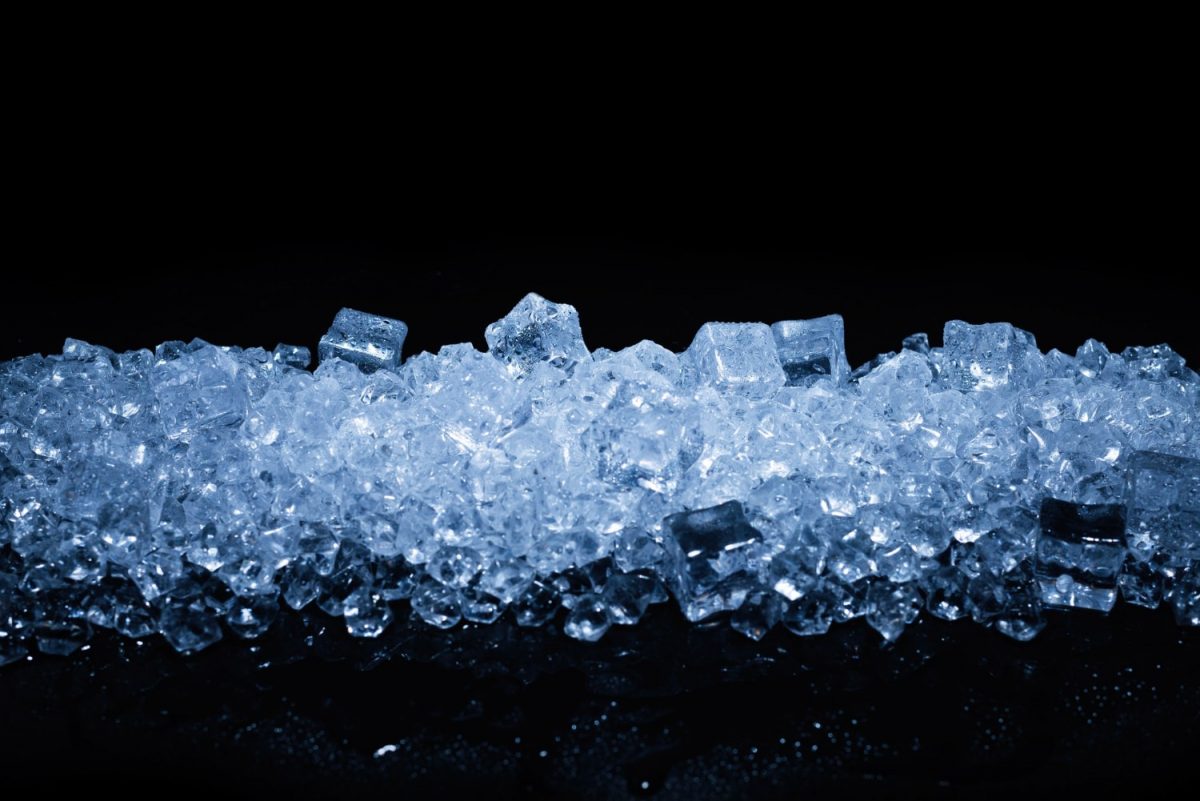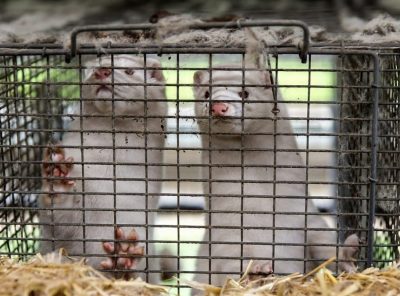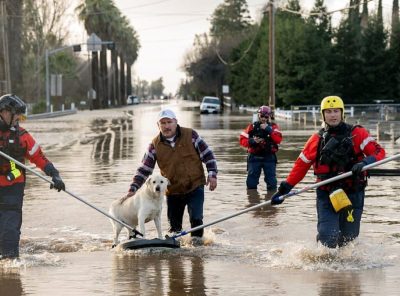Science on Ice in deep space
Deep space and Science on Ice. Pull on an extra layer and stay toasty whilst Science in Action braces for a deep freeze.
Did you know this program is available ON-Demand by visiting the Science in Action Page, it will be available until Thursday the 9th of February. It will also be broadcast on Sunday the 5th of February in Phuket at 9:00 AM on 91.5 FM and 102.5 FM and Online via the Internet radio portals. EDUtainament from Phuket FM Radio and our broadcast partner the BBC
Whilst we know plenty about the ice on the Earth’s poles, Roland is on a chilling journey to see what can be found in deep space.
Science on Ice and deep space
Professor Christoph Salzmann and Professor Andrea Sella at University College London have produced a new phase of ice.
Roland heads to the laboratory to see how the usual crystalline ice, found in ice cubes and icebergs, can be broken down and arranged into a new structure.
The James Webb Space Telescope has detected the coldest ices to date, deep within a molecular cloud in outer space.
Professor Melissa McClure describes how these clouds harbour a variety of different molecules potentially capable of forming the basic building blocks for life.
From the edges of the universe to something a little closer to home, Professor Geoff Collins and colleagues have discovered odd tectonic plate activity on icy Europa, one of Jupiter’s moons.
And a theory for the origin of life that may surprise you.
Professor Philipp Holliger is trying to uncover whether ice played a role in our creation, acting as a medium capable of concentrating molecules and promoting the chemical reactions required for the generation of RNA, essential for cell protein production.
Presenter: Roland Pease Producer: Harrison Lewis Assistant Producer: Sophie Ormiston






